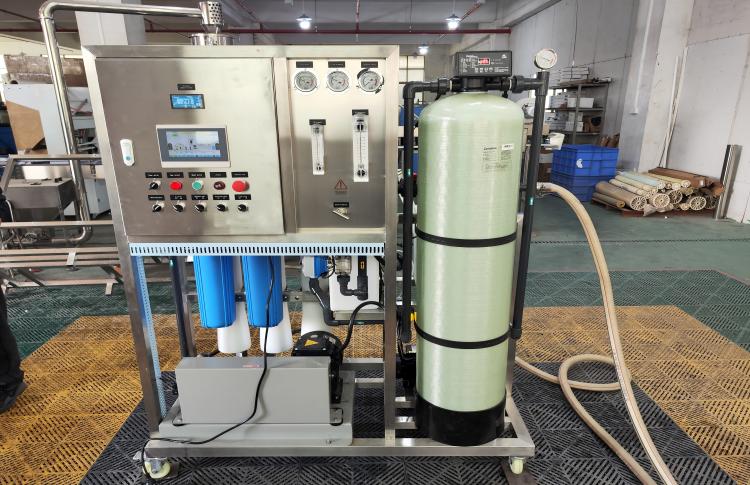Seawater Desalination Cost Analysis: 2025 Update and ROI Evaluation
As freshwater scarcity intensifies, seawater desalination emerges as a vital solution. Besta Membrane specializes in efficient, cost-effective membrane-based desalination systems. This article provides a concise overview of 2025 data, focusing on the cost structure and return on investment (ROI) of small to medium-scale systems (5–20 tons/hour) suitable for hotels, islands, ships, and offshore platforms
Global Desalination Trends in 2025
By 2025, global desalination capacity exceeds 150 million m³/day, with reverse osmosis (RO) accounting for over 70% of this capacity. The Middle East leads in capacity, while the Asia-Pacific region experiences the fastest growth. Notably, small-scale systems (<1,000 m³/day) now represent approximately 15% of global installations, serving diverse applications such as resorts, maritime vessels, and remote facilities.
Cost Structure of Seawater Desalination Systems
Capital Expenditure (CapEx):
Initial investment varies by system size.
-
Large-scale systems (>10,000 m³/day): $800–$1,200 per m³/day
-
Medium-scale systems (1,000–10,000 m³/day): $1,200–$1,800 per m³/day
-
Small-scale systems (100–1,000 m³/day): $1,800–$2,500 per m³/day
Smaller systems incur higher per-unit costs due to reduced economies of scale.
Operational Expenditure (OpEx):
Operating costs are influenced by energy consumption, membrane replacement, chemical usage, maintenance, and depreciation.
-
Energy Consumption: RO systems typically consume 2.5–4.0 kWh/m³, with energy constituting 40–60% of OpEx.
-
Membrane Replacement: Advancements have extended membrane life to 5–7 years, reducing replacement frequency.
-
Chemical Usage: Innovative membranes decrease the need for antiscalants and disinfectants.
-
Maintenance: Automated monitoring systems minimize manual intervention.
-
Depreciation: High-quality components prolong system lifespan, optimizing depreciation costs
Case Study: Island Resort Seawater Desalination Project
A 10-ton/hour (240 m³/day) containerized RO system was deployed on an island resort previously reliant on water shipments costing $10/m³.
-
Total Investment: $480,000
-
Operational Cost: $0.75/m³
-
Annual Production: 80,000 m³
-
Annual Savings: $740,000
-
ROI Period: 8 months
The system’s design utilized existing diesel generator waste heat, enhancing energy efficiency. Prefabrication allowed for rapid installation, with minimal on-site assembly.
Conclusion
Small to medium-scale RO desalination systems offer viable solutions for water-scarce environments. Besta Membrane’s tailored systems provide cost-effective, efficient, and sustainable water production, ensuring rapid ROI and long-term benefits.
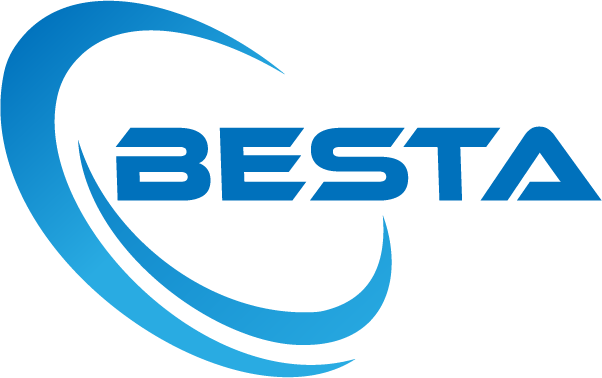
 MBR Membrane
MBR Membrane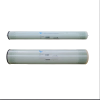 Reverse Osmosis Membrane
Reverse Osmosis Membrane Residential Ro Membrane
Residential Ro Membrane UF Membrane
UF Membrane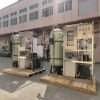 Water Treatment Plant
Water Treatment Plant Residential Ro Machine
Residential Ro Machine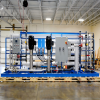 Brackish Ro System
Brackish Ro System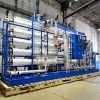 Sea water system/SW RO plant
Sea water system/SW RO plant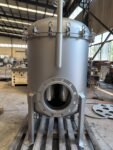 Bag Filter
Bag Filter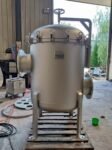 Cartridge Filter
Cartridge Filter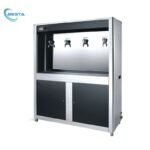 Commercial Water Filtration System
Commercial Water Filtration System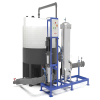 Membrane Cleaning System(CIP)
Membrane Cleaning System(CIP) Consumables Accessories
Consumables Accessories